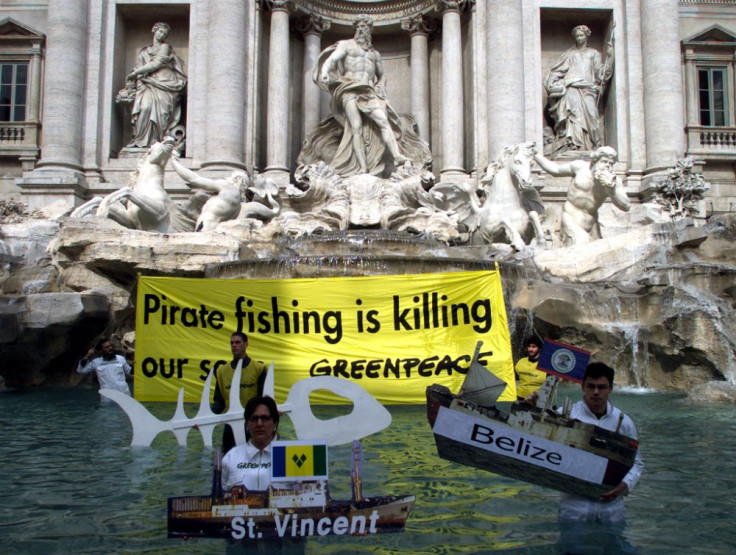Satellite To Track Pirate Fishing

Pirate fishing will now be tracked in near real time by satellite. The Satellite Applications Catapult and The Pew Charitable Trusts in the United Kingdom have teamed up to launch a satellite tracking technology that will help authorities monitor, detect and respond to illegal fishing activity in the oceans.Initially the project, called Project Eyes on the Seas, which has been developed by the Satellite Applications Catapult for Pew, will be deployed in the waters off Chile, Palau and the UK Overseas Territories. The illegal fishing industry is valued at $23.5 billion annually, which is equivalent to one in every five fish caught in the wild or 20 per cent of fishing. The waters of the Easter Islands, off the coast of Chile and Palau in the western Pacific are being declared as fully protected marine reserves.Using multiple sources of live satellite data, the new satellite system locates a ship and links the data to databases on the ship’s ownership, history and country of registration to alert officials about suspicious vessels. The system will be able to tell when a vessel is not transmitting its position, thus triggering automatic alerts. Trained analysts will monitor the alerts so that local law enforcement agencies can take action.Over the next three years, the plan is to grow to cover more countries as regional fishery management organisations and seafood retail groups commit to using this system to make sure that only legally caught fish reaches the consumer.The current system of gathering information on lawless vessels is patchy and extremely expensive. Enforcement is therefore weak.The new satellite system is meant to enable authorities to share information on vessels operating outside of the law, build a comprehensive case against them and then track them down to port for taking action against them.To contact the writer, email: sonali.raj@gmail.com




















